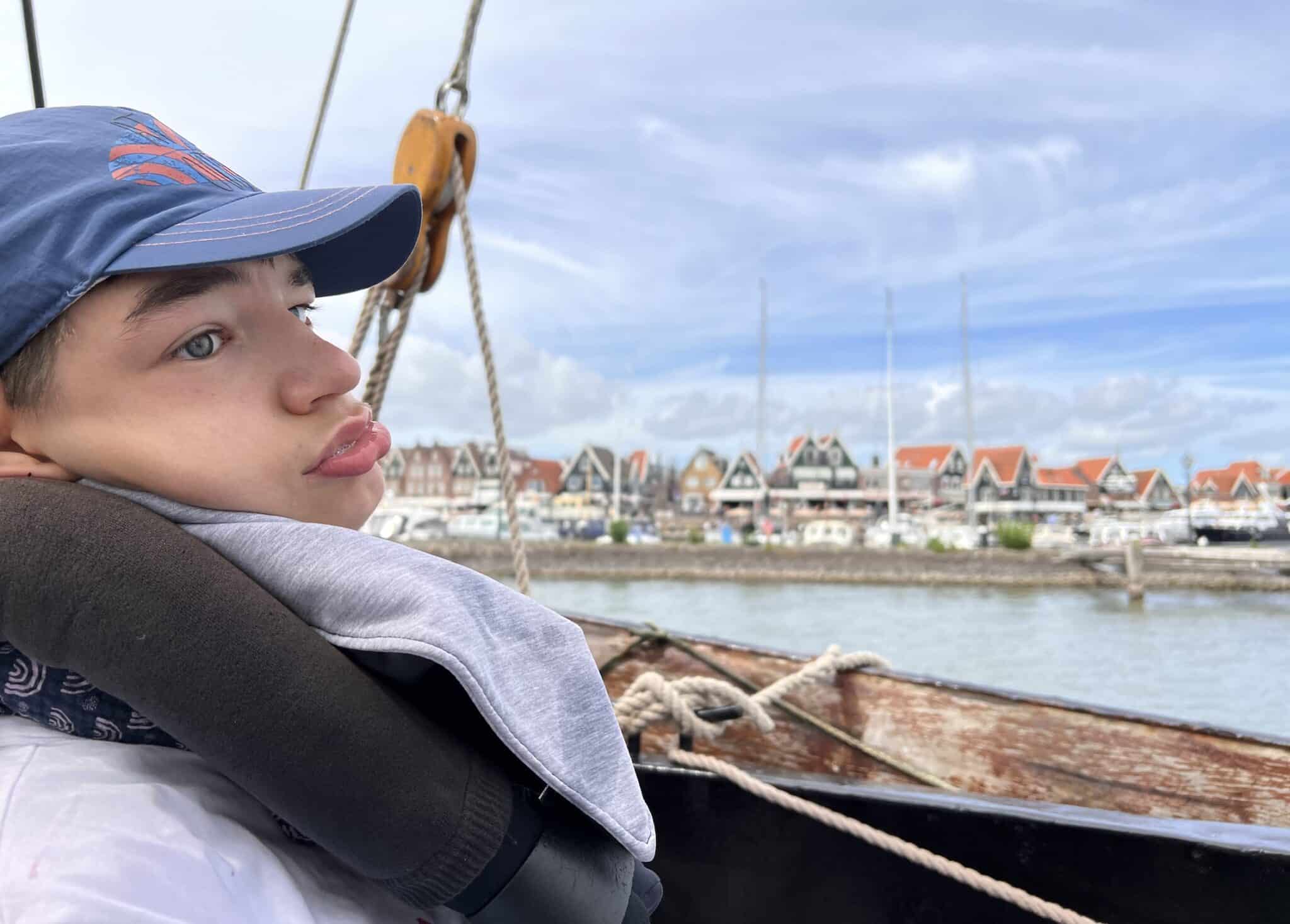1990
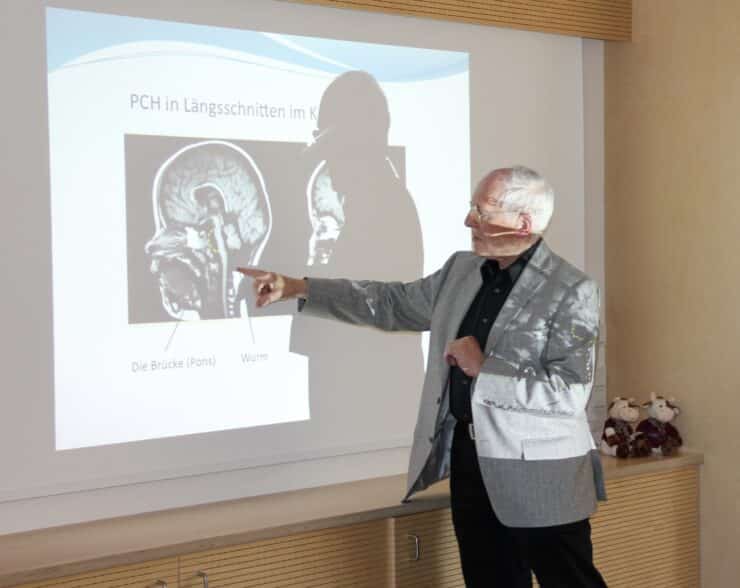
1990: The First “Modern” Publication About PCH2
When Prof. Barth published a study on five families from the small fishing village of Volendam in the Netherlands in 1990, he had already spent more than 10 years researching PCH2, a disease that was first described in 1917. It would take another 18 years before it became clear that all PCH2A children had one common ancestor who lived in Volendam in the 17th century.
2005
2005: The Start of a Parent Initiative for PCH Families
A parent initiative has existed in German-speaking countries since 2005, which initially communicated via a Yahoo mailing list and has operated a phpBB-based bulletin board since 2007.
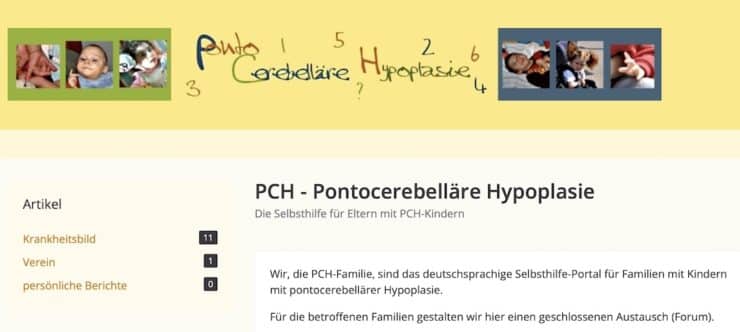
2008
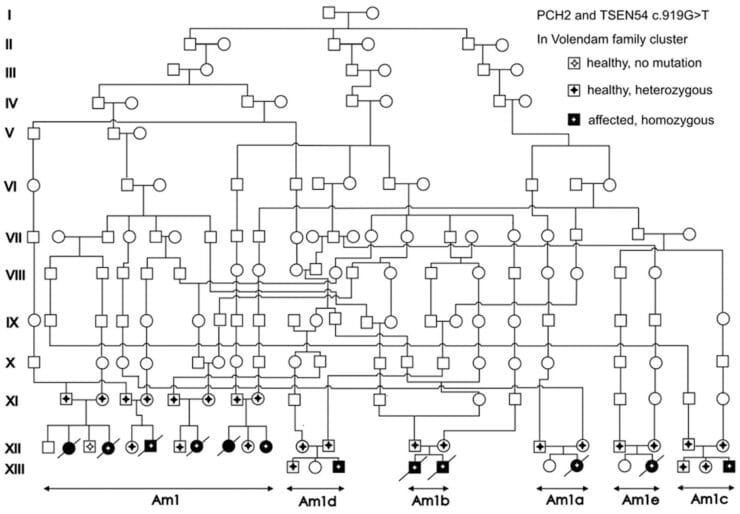
2008: The Gene Locus Is Found!
In 2007, a group of Dutch and German researchers made a breakthrough in the search for the genetic cause of PCH2: They discover a single-point mutation in the TSEN54 gene.
2009
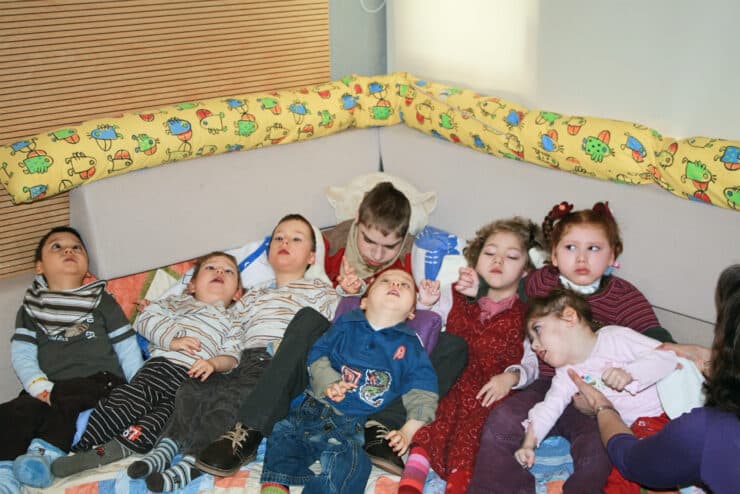
2009: First Weeklong PCH Family Gathering
Gathering of PCH families together with clinical experts and geneticists. The main topics of discussion are the genetic cause of PCH2 and the consequences of its discovery.
2011
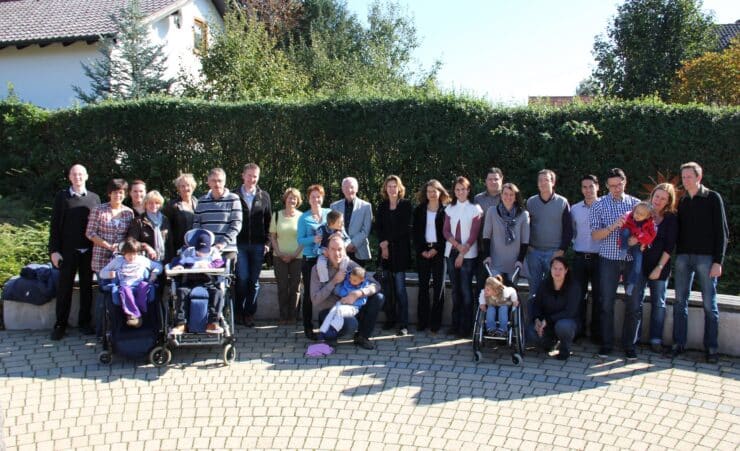
2011: Second PCH Family Gathering
Gathering of PCH families together with clinical experts and researchers. The main topics are the management of the disease and Prof. Barth’s presentation on his 30 years of PCH research. At the end of his talk, he says, “And let me say two more things: First, I have never seen so many happy PCH2 children at once as I have here today. And second, I have never seen so many parents optimistic about life as I have here today.”
2014
2014: First Natural History Study
Inspired by the parents of affected children, the first natural history study of PCH2 was conducted with 33 patients under the direction of Prof. Dr. med. I. Krägeloh-Mann from the University of Tübingen. The data formed the basis for the first parent brochure.
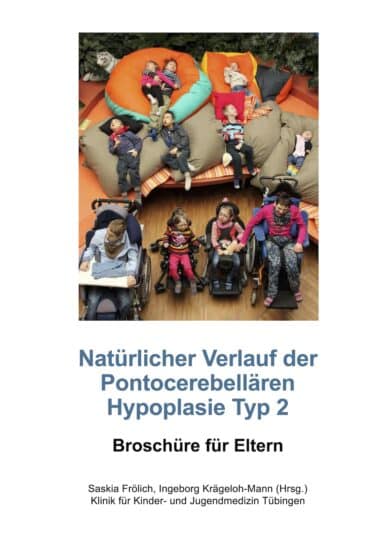
2018
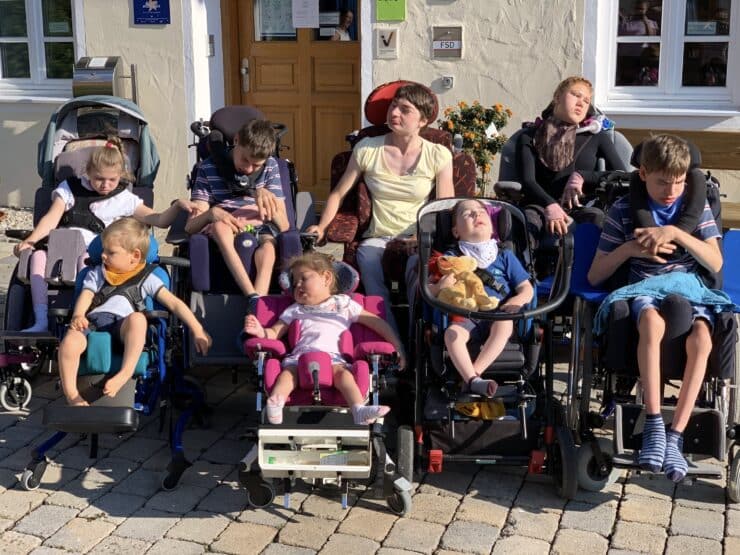
2018: Founding of the PCH-Familie e.V. Association
Parents found the non-profit association PCH-Familie e.V. with the aim of raising funds to support the exchange between families and research into the disease. Projects such as Cruise4Life and #DoWhatYouCant as well as regular family gatherings at Lake Chiemsee aim, on one hand, to facilitate and promote exchange and, on the other, to bring attention to the families and their challenges.
2019
2019: Founding of the Research Initiative PCH2cure
To support research, the PCH2cure research initiative is founded on the initiative of the PCH-Familie e.V. association together with the universities of Tübingen and Freiburg. With the help of donations, the parents’ association provides initial funding in several areas.
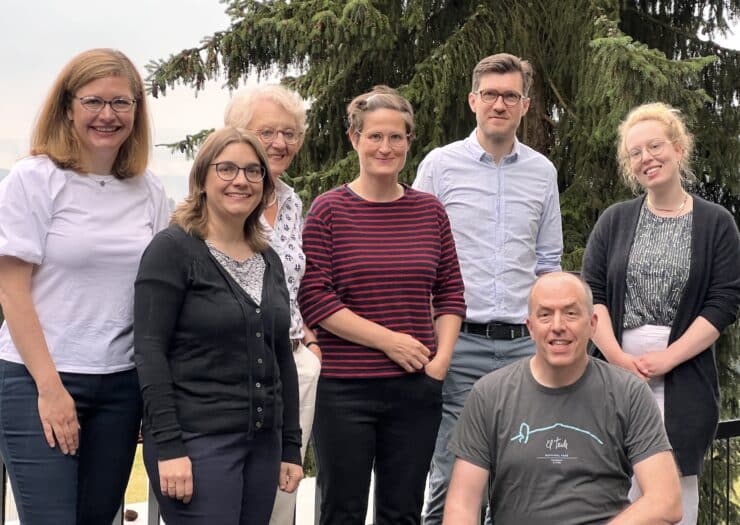
2021
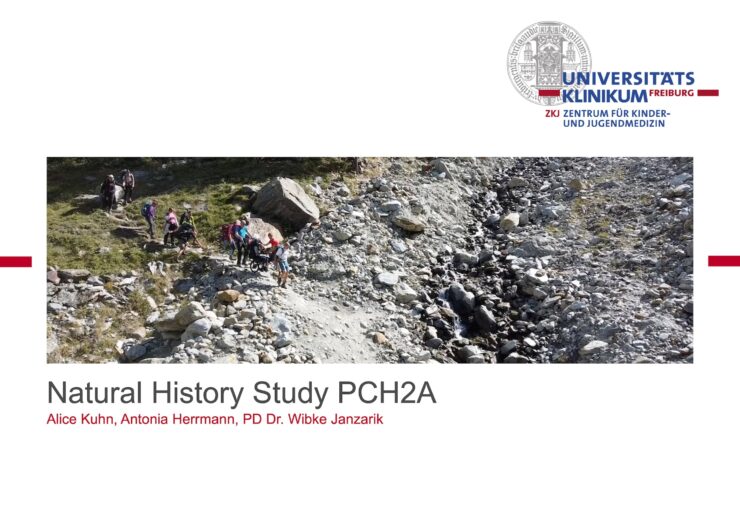
2021: Beginning of the Second Natural History Study
Under the direction of PD Dr. Wibke Janzarik from the University of Freiburg, a second natural history study of PCH2 was conducted with 65 patients. The data formed the basis for the second patient brochure.
2022
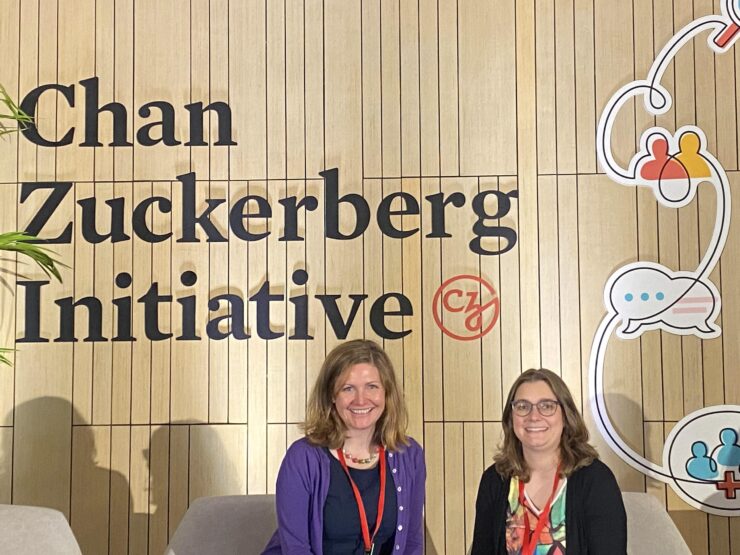
2022: Funding of $2 Million Awarded by the Chan Zuckerberg Initiative
An application by the PCH2cure research initiative to the American Chan Zuckerberg Initiative (CZI) secures scientific research funding of two million dollars over a four-year period at the end of 2022.
2023
2023: Funding Awarded by the Köhler Foundation
Winning the Eva Luise Köhler Research Award for Rare Diseases in 2023 shows that children with PCH2 are facing their greatest opportunity in history to improve their quality of life and, in the medium term, to treat the disease.
In order to be able to continue this success story in the future, we ask for donations to support our research work at PCH2cure.
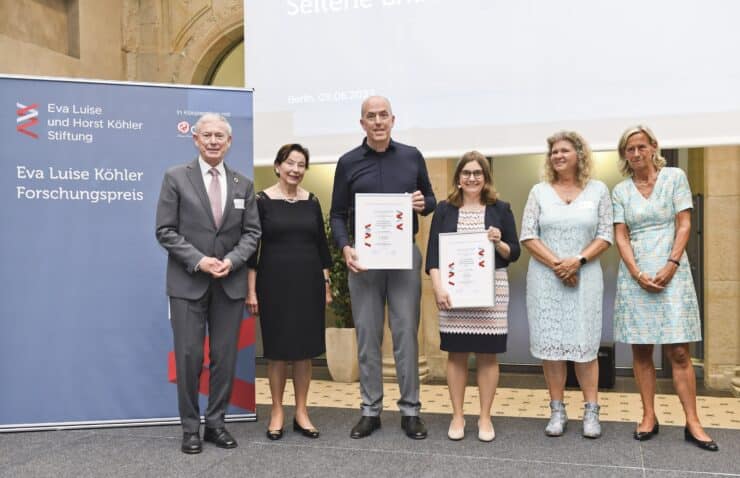
2024
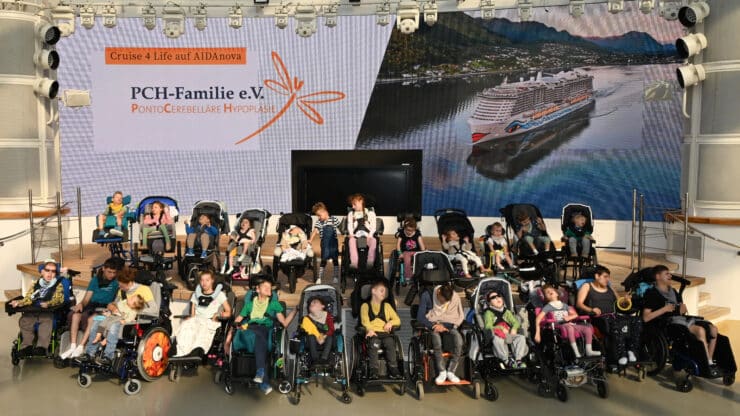
2024: Cruise4Life
In July 2024, 28 PCH children and their families set off on Cruise4Life, a special kind of research cruise. Many doctors and researchers from the PCH2cure project spent a week in close contact with the families and their children with PCH2.
